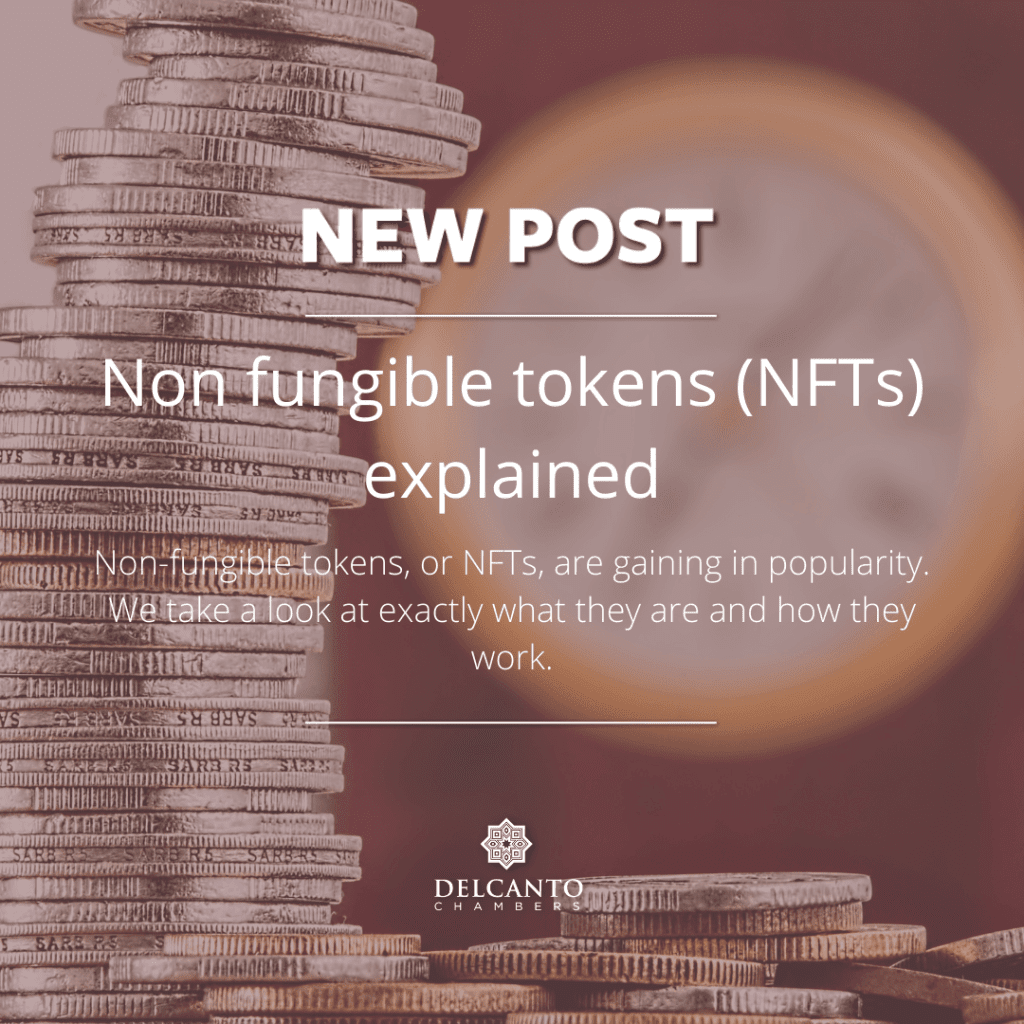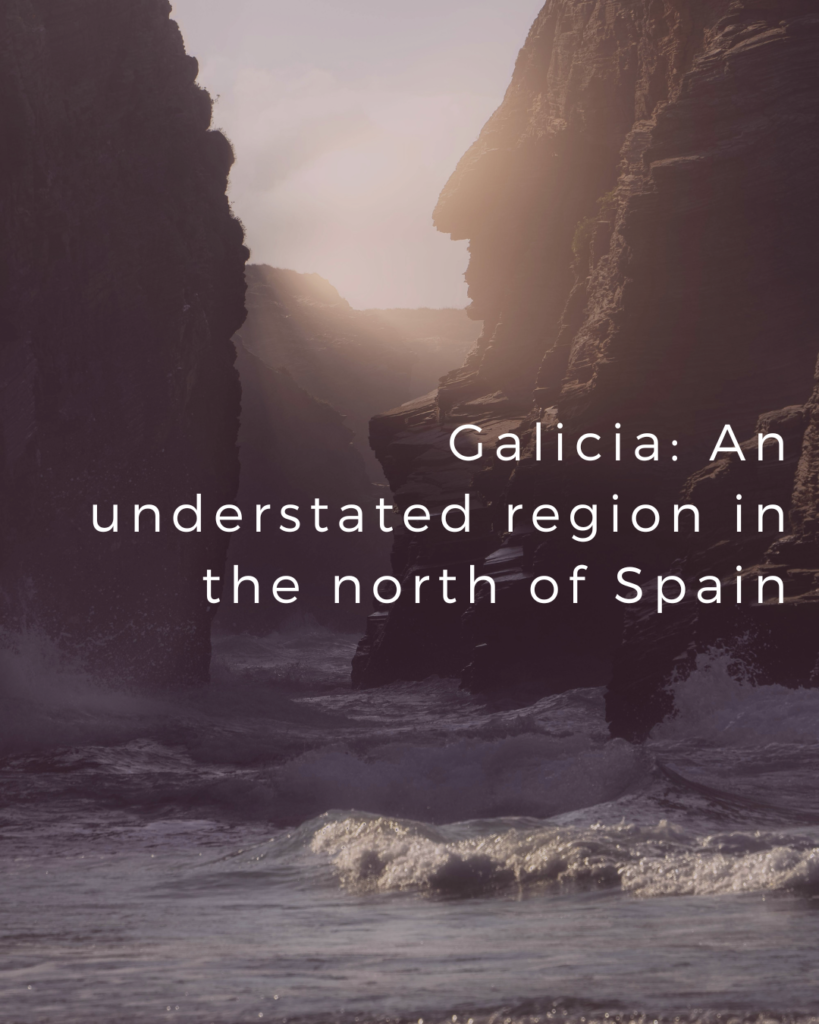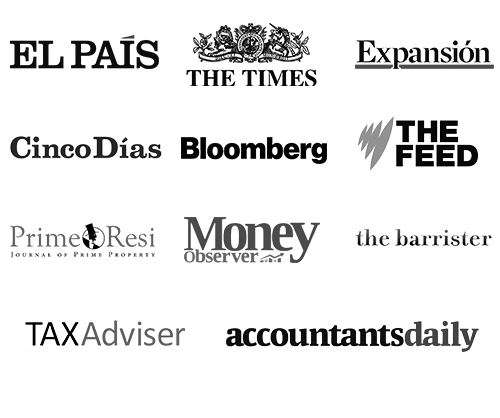Non fungible tokens (NFTs) explained. Non-fungible tokens, or NFTs, are gaining in popularity. We take a look at exactly what they are and how they work.
What is an NFT?
The term non-fungible refers to the fact that NFTs are unique and not interchangeable. As tokens, they show ownership of unique items such as art, music and even real estate. Ownership of an NFT does not confer the right to make a piece of art or video clip publicly available or use it commercially, it simply shows that an individual owns the digital code. This is similar to the ownership of a painting, which does not mean that you have the right to reproduce it to make a profit – the copyright generally remains with the artist.
Only one owner of an NFT can exist at any one time and this is recorded on the blockchain, generally Ethereum.
Examples of NFTs
It is still fairly early days for NFTs and in the future, they could be used to prove ownership of items such as cars or property. NFTs that have been created and purchased to date include:
- Digital artwork and gifs
- Digital music
- Digital videos such as sports clips
- Digital collectables such as Cryptopunks
- A domain name
- A ticket for an event
- An item from a computer game
One of the most famous examples of an NFT is a pdf of a piece of digital art created by US artist Mike Winkelmann, better known as Beeple. Auctioned by Christie’s the collage included 5,000 daily images created by Beeple and sold for £50m in March 2021.
As well as art, music and videos, NFTs could be more widely used in the future to create legal documents and to provide signatures as well as collateral for loans.
Creating an NFT
The person who creates an NFT can decide how many to create. For example, if they are used as tickets to an event, then a set number can be made.
The platform also allows creators to put a process in place that means they will be paid royalties every time an NFT is sold on. This means that in the future, if digital artwork increases substantially in value, the original artist will benefit from this.
Buying NFTs
Bidding sites exist online offering a range of NFTs, either by way of auction or at a ‘Buy Now’ price. Payment will generally be listed in ether, the Ethereum digital currency, with a hard currency price alongside.
Payment can sometimes be made by credit card, or otherwise, you will need to use a crypto exchange or funds from a cryptocurrency wallet.
Are NFTs risky?
No one yet knows what the future holds for NFTs. While a substantial amount of money is being paid to acquire them, their only value is if someone else is willing to buy them at some point as they cannot be used commercially to generate an income. If no one wants to buy an NFT, then its monetary value is worthless. Expecting to make money is risky and experts recommend buying them because you enjoy ownership and not because you want to turn a profit.
Expansion of NFTs could be problematic on a practical level, with Ethereum already using a vast amount of electricity to keep up with demand.
Taxation
While there is as yet little tax legislation specifically dealing with NFTs, Capital Gains Tax will almost certainly apply to profits made on the sale of NFTs. It must also be assumed that the value of NFTs will be taken into account for Inheritance Tax and other tax purposes.
The law does not currently specify where NFTs are considered to be situated for tax purposes. HM Revenue & Customs take the view that cryptocurrencies should be taxed in the owner’s country of residence, so it may be the case that they will take this line with NFT ownership as well.
By Mónica Navarro, Chief Legal Counsel (Dublin)
Contact our expert tax and financial lawyers
Del Canto Chambers is a leading London Chambers specialising in tax, international tax and legal affairs, property law, intellectual property and legal advocacy.
To make a no-obligation enquiry, please either call us now on:
+44 2070 430648 or Make An Online Enquiry.
We will come back to you within 24 hours and we will be delighted to help you.





